Though most people think of domestic disputes as things that occur inside someone’s home, the fact is that you can be charged with and convicted of domestic battery even if the alleged incident occurred somewhere other than your home. Here’s what you need to know.
Domestic battery can occur anywhere – not just inside your home. It can happen on your property or on someone else’s property, in a public or private place. The key to this criminal charge isn’t where it happens; it’s the relationship you share with the alleged victim. If you’re engaged in one of the following relationships, you can be charged with domestic battery:
- Spouses or ex-spouses
- Blood-related family members
- Co-parents
- Roommates and former roommates
- Elderly or disabled adults and caregivers
- People related by blood through a child
- Parents or stepparents and children
The domestic battery charge you receive can stem from an incident at your house, at someone else’s house, in the car or in a public venue. It can happen anywhere – again, the key is not where it happens, but the relationship between you and the alleged victim.
Likewise, just because a battery incident occurs in your home doesn’t make it domestic battery. If you don’t share one of the above-listed relationships with the other party, it’s a different type of battery charge.
What if There Are No Witnesses?
In many domestic battery cases, there are no witnesses to support either side of the story. In a case like that – as in any other case – the prosecutor is still responsible for proving beyond a reasonable doubt that you committed the crime. Sometimes prosecutors use medical records and statements from both parties that police collected at the scene; in other cases, they bring in experts who can testify.
It’s not up to you to prove that you’re not guilty. In all cases, it’s up to the prosecutor to prove that you are guilty.
Do You Need to Talk to an Attorney About Domestic Battery Defense?
If you need to talk to a domestic battery defense attorney in Illinois, we’re here to help. Call us at 847-920-4540 now – we’ll be happy to give you a free consultation and talk to you about your options.

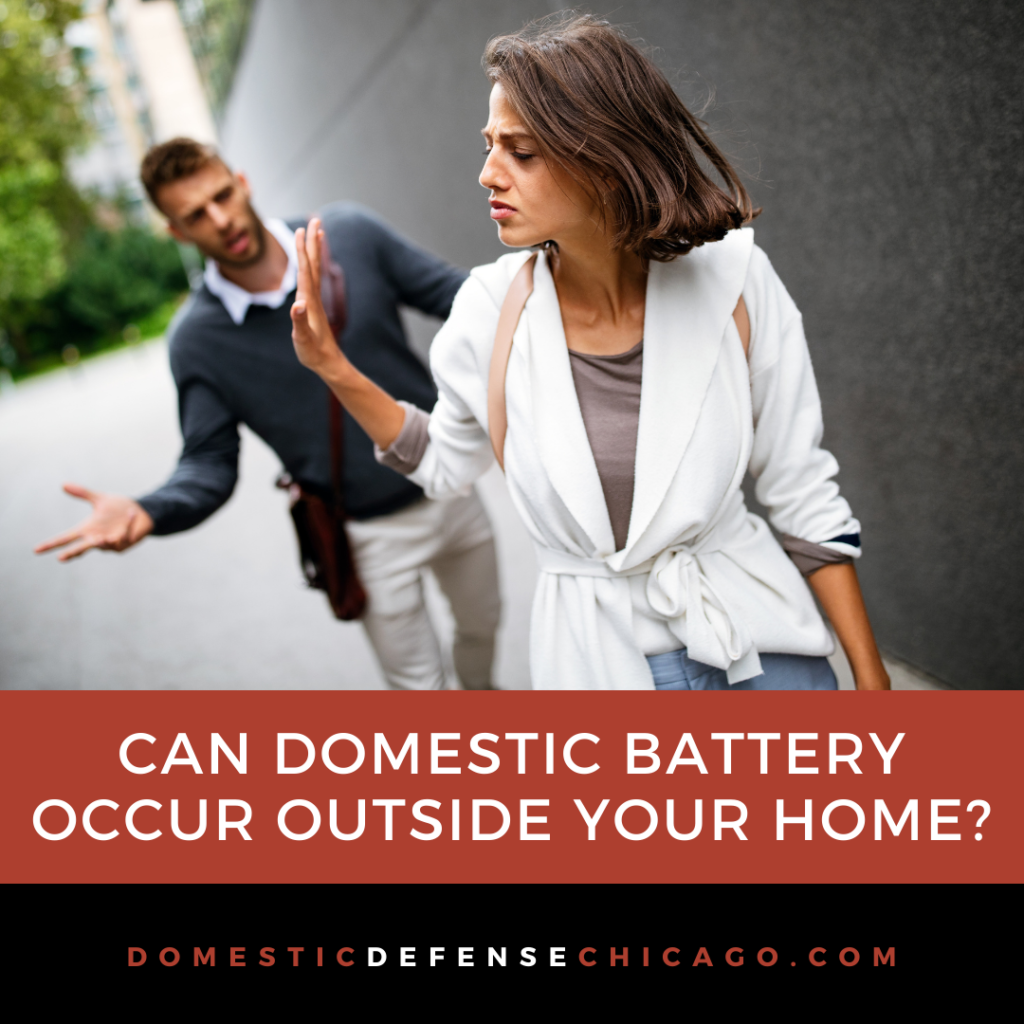

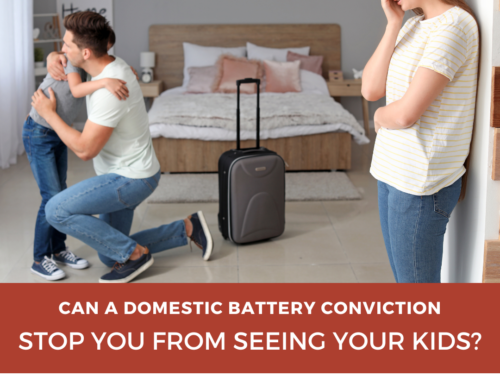
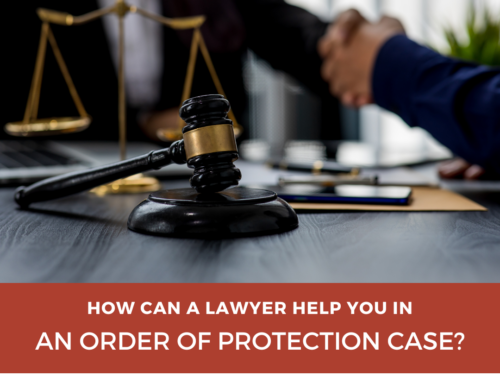
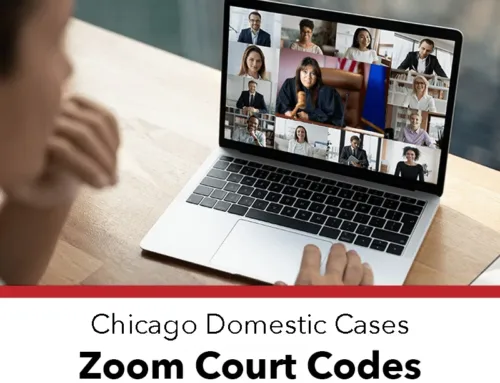
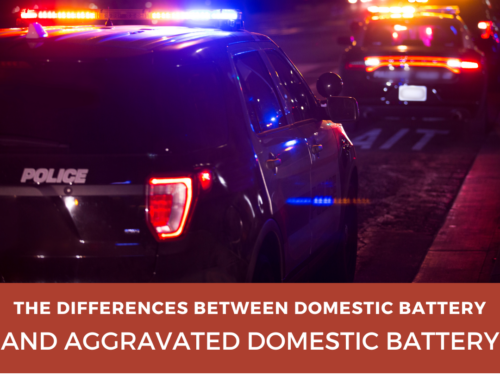
Leave A Comment
You must be logged in to post a comment.